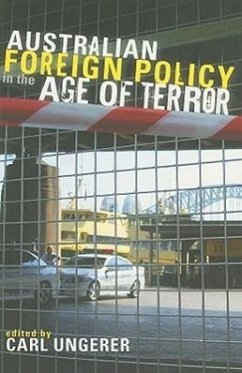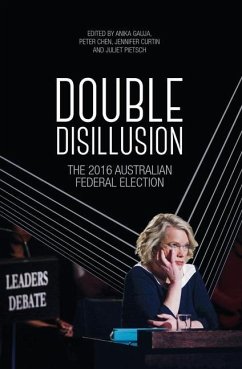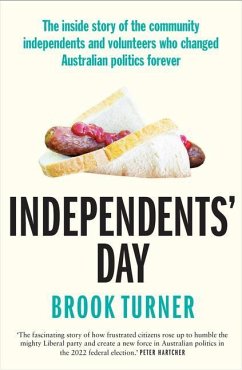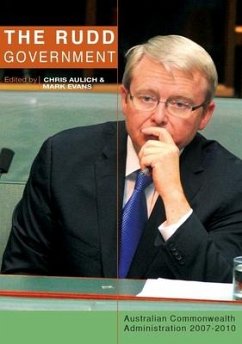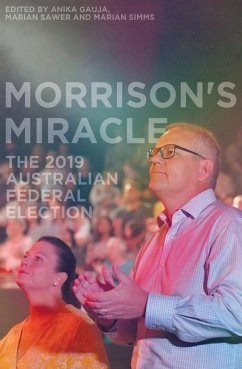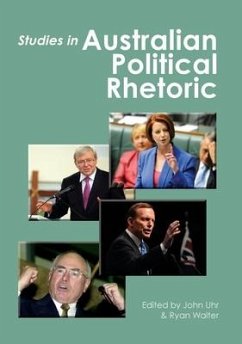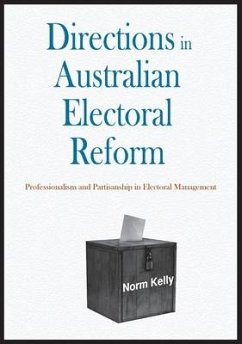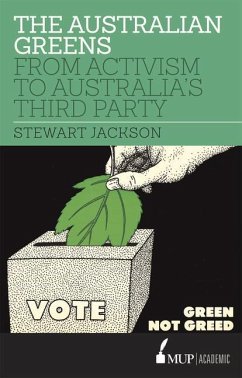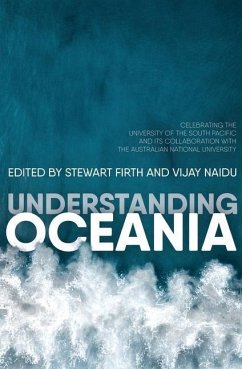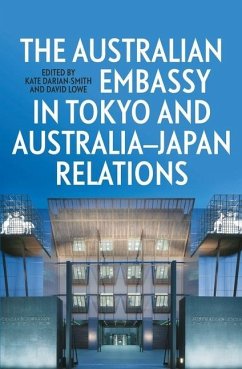
Documents on Australian Foreign Policy
Australia and Nauru: Phosphate, Trusteeship and the Resettlement Issue 1945-1962
Herausgeber: Milner, Colin; Henningham, Stephen
Versandkostenfrei!
Versandfertig in über 4 Wochen
81,99 €
inkl. MwSt.

PAYBACK Punkte
41 °P sammeln!
Explore Australia's complex relationship with Nauru during a pivotal era. This volume unveils meticulously researched documents detailing Australia's administration of Nauru from 1945 to 1962. Delve into the phosphate mining industry, the UN trusteeship, and the controversial resettlement issue. Chart the transformation from colonial dynamic to Nauru's emergence as a sovereign nation. Discover the interplay of Australian, Nauruan, and international interests in this critical period of Pacific history. Uncover the untold story of Australia's approach to Nauru, its complexities, and its lasting ...
Explore Australia's complex relationship with Nauru during a pivotal era. This volume unveils meticulously researched documents detailing Australia's administration of Nauru from 1945 to 1962. Delve into the phosphate mining industry, the UN trusteeship, and the controversial resettlement issue. Chart the transformation from colonial dynamic to Nauru's emergence as a sovereign nation. Discover the interplay of Australian, Nauruan, and international interests in this critical period of Pacific history. Uncover the untold story of Australia's approach to Nauru, its complexities, and its lasting impact. Gain insights into the challenges of balancing economic interests with moral obligations in a colonial context. This volume is for historians, political scientists, and anyone seeking a deeper understanding of Australia's role in the Pacific.



